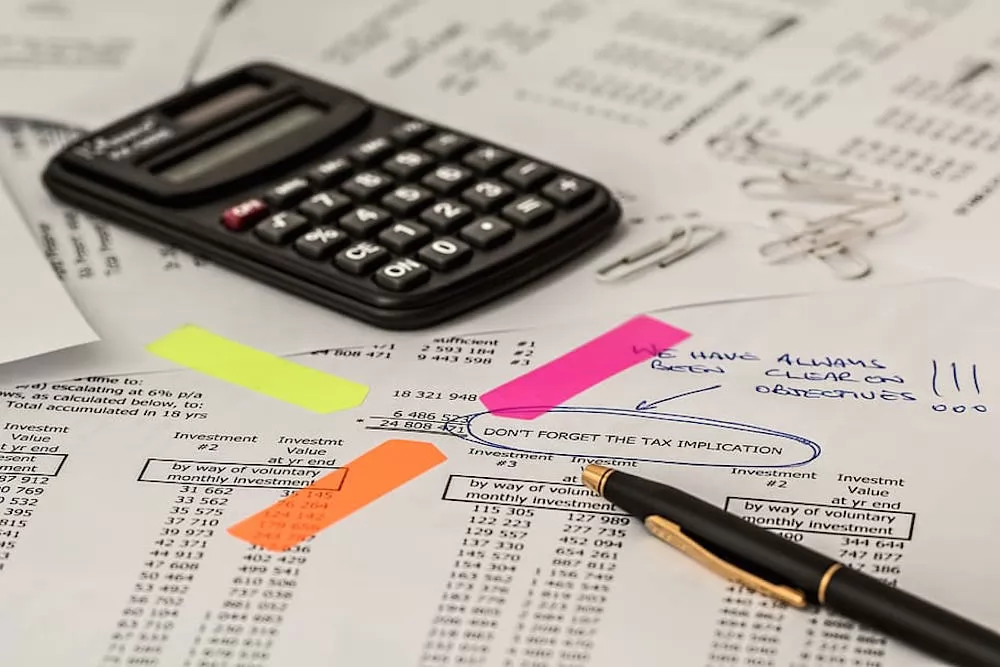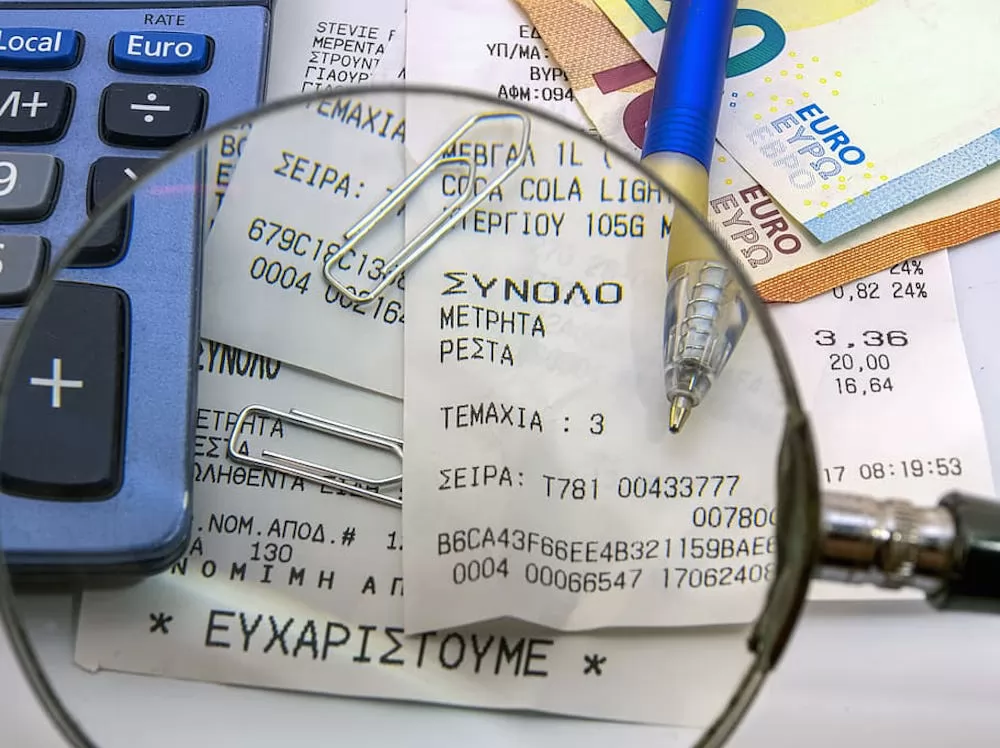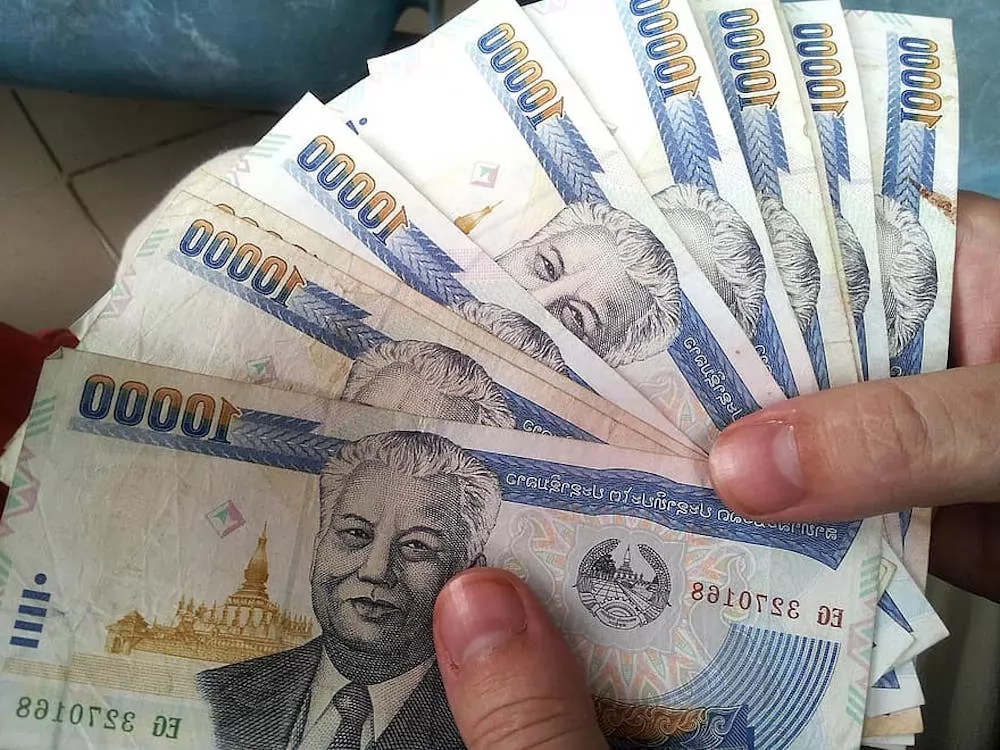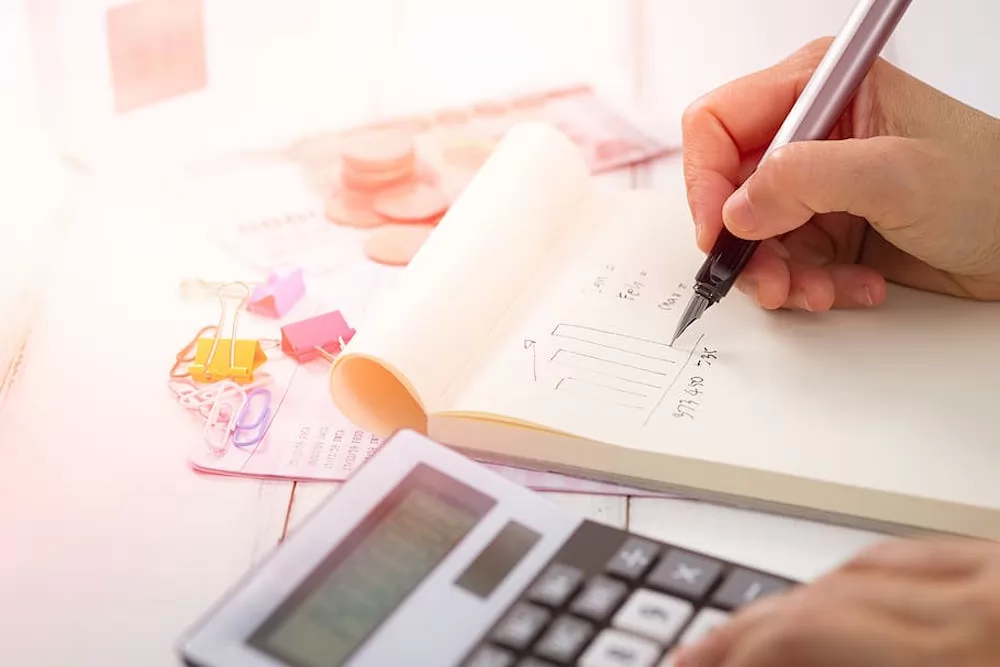
You should know that you'll only be required to pay taxes in Thailand if you become a tax resident here. Now, this isn't exactly tantamount to a legal resident but the obligation remains the same. To be regarded as a tax resident in Thailand, you have to have stayed in the country for at least 180 days. That's approximately six months, which is half of the year. At the same time, as long as you earn or profit from any company, property, or asset in Thailand, you'll be taxed on that income as well. And you have to pay according to your bracket.
Tax brackets are what determines what rate of your personal income you have to pay. The brackets themselves are distinguished by how much you earn in a year. if you earn less than ฿150,000.00 annually, you're exempt from having to pay personal income tax. An annual salary of ฿150,001.00 to ฿300,000.00 will get you taxed at 5%. ฿300,001.00 to ฿500,000.00 has a rate of 10%. ฿500,001.00 to ฿750,000.00 has a rate of 15%. It's 20% if you earn between ฿750,001.00 to ฿1,000,000.00. 25% for an annual salary that ranges from ฿1,000,001.00 to ฿2,000,000.00. 30% if you earn ฿2,000,001.00 to ฿5,000,000.00 a year. And the highest rate is 35% when you earn more than ฿5,000,000.00 a year.

If you're a taxpayet in Thailand, you have to know when to file your tax returns. The country follows the calendar year for its tax year and the deadline is always on March 31 of every year. Though it's a bit different if you're an entertainer or enndorser who earn a lot through advertising campaigns. Such professionals are required to file mid-year tax returns which are due on September 30th of every year. Failure to file your taxes on time will result in fees and possibly even jail time. So you always have to stay alert in filing them annually.
Capital gains are usually income or any compensation you earn through various assets. it's sort of similar to your personal income but they're taxed differently. In fact, if the shares you earned were from a public company registered on Thailand's stock exchange, it won't be taxed as personal income. Instead, it will be taxed as capital gains. It's not its own type of tax, per se, but rather just contributed differently than your personal income tax. It also has a different set of rates, the highest of which is 20%. Unlike in your personal income tax, wherein the highest rate possible is 35%.

Let's say you buy a nice new home in a pleasant neighborhood in Bangkok. Will you be taxed on that? The answer is no. Thailand doesn't impost property taxes, per se. If you own property that you consider and use as home, you won't have to pay anything for acquiring it. However, the country does have The Building and Land Tax Act. It's a unique type of "property tax" in it that if you use your property for commercial use and you earn from it, you have to pay a flat rental rate of 12.5%.
Of course, as Thailand is undoubtedly a popular tourist destination, the country benefits a lot from its Value-Added Tax (VAT). Thy're imposed on most goods and services open for purchase in the country, which means you also contribute to it even fi you're not a tax resident. As of the moment, the flat rate is at 10%, save for a couple of necessities such as medicine, books, and the like. However, starting September of 2020, the Thai government will change the VAT flate rate to 7%. Either way, the VAT is often already added to the price tag of many goods & services here.

If ever moving to Thailand is on the horizon for you, it'll help you a lot if you understand how they do their taxes here. Know what you have to pay for, what the rates are, and more to avoid getting into serious trouble here.
Once you've settled all your taxes, you can finally focus on other things, including getting a new home. A Thai luxury apartment is always a good choice for that!